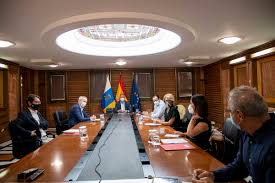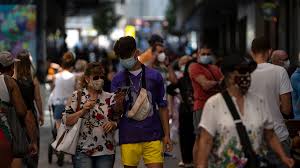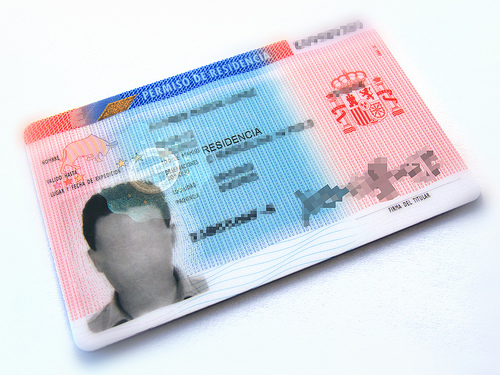These past few days have been quite busy on the business owner front, whether it has been to do with Social Security or financial aid authorized by the Spanish Government, but I’m going to give you insights into what has been going on lately.
As you must be aware, Social Security increased monthly contributions on 30th October 2020 as per Royal Decree 28/2018, 28th December that outlined progressive increases from 2019 to 2021 that incorporate obligatory payment of Professional Accidents, Business Closure (Sole Trader Unemployment) and Professional Training which up until that point were voluntary.
Due to the pandemic, the annual increase, that usually takes place in January, was delayed until October. According to statistics, 77% of sole traders contribute the minimum base rate, which means an increase from 283,30 euros per month to 286,15 euros per month. The increase applied varies from approximately 2,84 euros to 12,12 euros depending on age and applicable base rate.
Tomorrow, Monday 30th November 2020, Social Security will implement two important matters in relation to governmental financial aid:
- Those who requested a continuance for sole trader financial aid will receive payment and this will extend until 31st January 2021. Depending on your circumstances, you will either receive 472 euros (50% of the base rate) or 661 euros (70% of the base rate). The number of applicants has almost doubled since the last count. In October 256.000 sole traders requested financial aid, however, it would seem that this has risen to around 500.000 beneficiaries.
- Those sole traders who requested deferment on their monthly contribution will begin to pay back their debt to Social Security from Monday 30th November 2020. At the start of the pandemic, the Government permitted this option to certain collectives to temporarily alleviate financial pressures by not charging fees for May, June and July, but now it is time to pay back the piper, so the back payments will be added onto the usual monthly contribution (a minimum of 572,30 euros). Statistics do show though that not many business owners requested this form of financial aid.
Although these measures have proved invaluable to those who have been affected economically by this health crisis, there is an outcry from those who feel that not enough is being done. Please take a read of the following article for more information, https://www.canaryadminservices.com/will-the-pandemic-restart-conversations-about-social-security-contributions/






